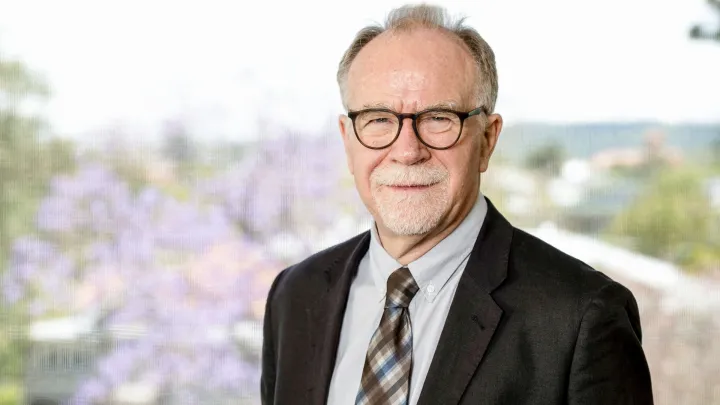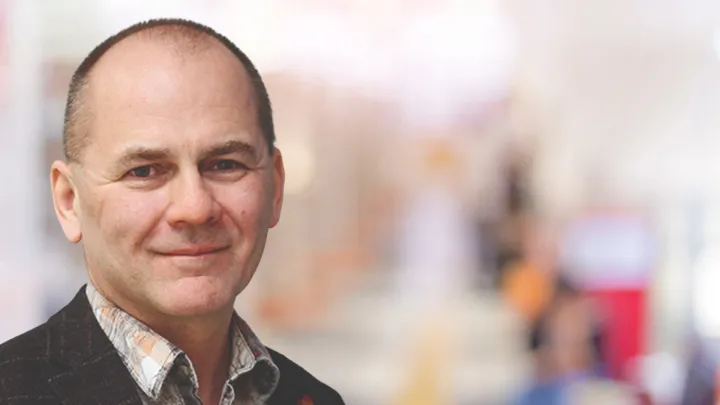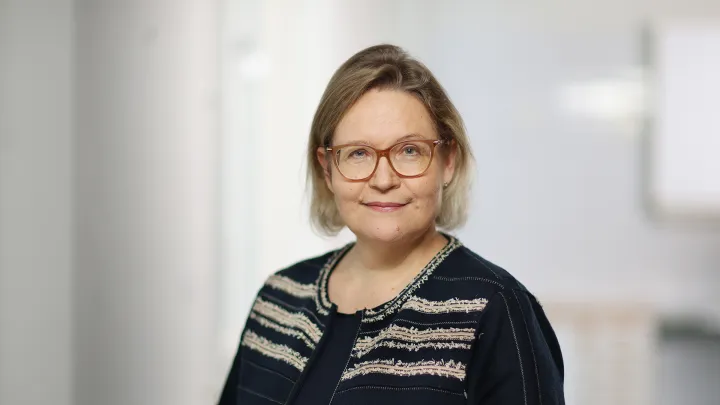Keynote speakers
NordYrk 2026

Keynote | Stephen Billett: Practical learning: conceptions, contributions and its development
Practical learning (i.e., changes in what individuals know, can do and value) that have applicable purposes for individuals, and their communities have been the key bases for the continuity and further development of the human species across its history. This includes the ongoing processes of remaking occupational practices in responses to changing demands and requirements. So, rather than being defensive or self-conscious about these kinds of learning, they are and have been key sources of human advancement, in meeting societal and community needs through addressing them by this remaking and innovation. Therefore, it is legitimate to consider how these capacities can best be developed and in what circumstances. Ironically, given their relatively low standing in the eyes of some, the learning of these capacities is far from straight forward. Whereas much of propositional or declarative knowledge can be learnt through and from texts, practical learning often requires far more demanding and complex processes. Not the least is a need to account for and embrace the kind of circumstances in which this (practical) learning is to be applied. Often this requires being immersed in the circumstances of practice that have resonance with those in which the knowledge to be learnt needs to be applied. Drawing on empirical work associated with situated cognition, the contributions of physical and social settings and individuals’ engagement in them presents as essential elements for associated curriculum practices. Added here are the multi-fold contributions of diverse kinds of educative and pedagogic practices in such settings, and, not the least, learners’ personal practices. It is they who must engage effortfully with and exercise intentionality in observing, engaging in increasingly mature approximations of what has been observed and through guidance and rehearsal develop applicable outcomes. These are the terrain to be traversed through this keynote presentation.
Professor Stephen Billett, Griffith University, Australia
Keynote | Hannu L. T. Heikkinen: Rethinking vocational education in the complex world: education for planetary praxis
The burning question of today is, how can vocational education meet the demands of the complex world, particularly in terms of social and ecological sustainability? As stated in the theme of the Nordyrk conference: “The vital, ongoing goal of education is to produce responsible professionals who can meet the challenges of our time […] in increasingly diverse societies.”
This keynote focuses on that question from the perspective of wisdom research, particularly that of practical wisdom, based on the work of the Australian theorist Stephen Kemmis. The idea of practical wisdom has its roots in Aristotle's forms of knowledge. First, guided by the disposition of epistēmē (truth-seeking), we form universal knowledge of the world through the action called theoría (‘contemplative action’). Guided by the disposition of poiēsis, education provides practical knowledge to use the appropriate means to attain known ends. In the Aristotelian typification, this kind of instrumental and technical knowledge is called technē (‘making action’). Another form of practical knowledge is guided by the disposition of phronēsis, which is commonly translated as practical wisdom, informing human action called praxis (‘doing action’). Philosopher Jürgen Habermas, however, has argued that society needs still another kind of knowledge, which he calls critical-emancipatory knowledge, to reveal the taken-for-granted belief systems in society to emancipate people from the irrational and coercive power.
The keynote asks how vocational education could serve the different interests of knowledge. The broader goals of education are also outlined by applying the purposes of education introduced by the education theorist Gert Biesta, including qualification, socialization and subjectification. According to Biesta, the fundamental question of education is the following: “Is what we desire desirable?” This question is asked at three levels: personal, socio-political, and planetary. Based on the ideas of Kemmis and Biesta, a view of education as planetary praxis is outlined
Professor Hannu L. T. Heikkinen, University of Jyväskylä, Finland
Keynote | Marianne Teräs: Linking migration and vocational education by cultivating practical learning
This keynote will explore the intersections of migration and vocational education and training, with particular attention to the diversity of students and the varied educational trajectories that shape their transitions from school to working life. Research consistently demonstrates that employment rates among foreign-born individuals differ depending on their regions and countries of origin. These disparities are often explained through processes of differential or subordinate inclusion, which operate through a range of explanations. One frequently cited explanation is that migrants often lack access to relevant professional networks. A second explanation emphasizes the impact of limited language proficiency, which restricts migrants’ employability and career prospects. A third line of reasoning points to the sociocultural dimensions of vocational identity and skills, highlighting the challenges migrants face in transferring and validating their competencies within new contexts. Processes of inclusion can be complex and demanding at multiple levels: at the macro level of integration into a new society, at the meso level of adjustment within educational institutions and workplaces, and at the micro level of forming relationships with individuals. Research involving people in vulnerable situations also requires particular sensitivity to ethical considerations. From a pedagogical perspective, everyday encounters and opportunities for practical learning within the community may play a crucial role in fostering successful inclusion.
Professor Marianne Teräs, Stockholm University


